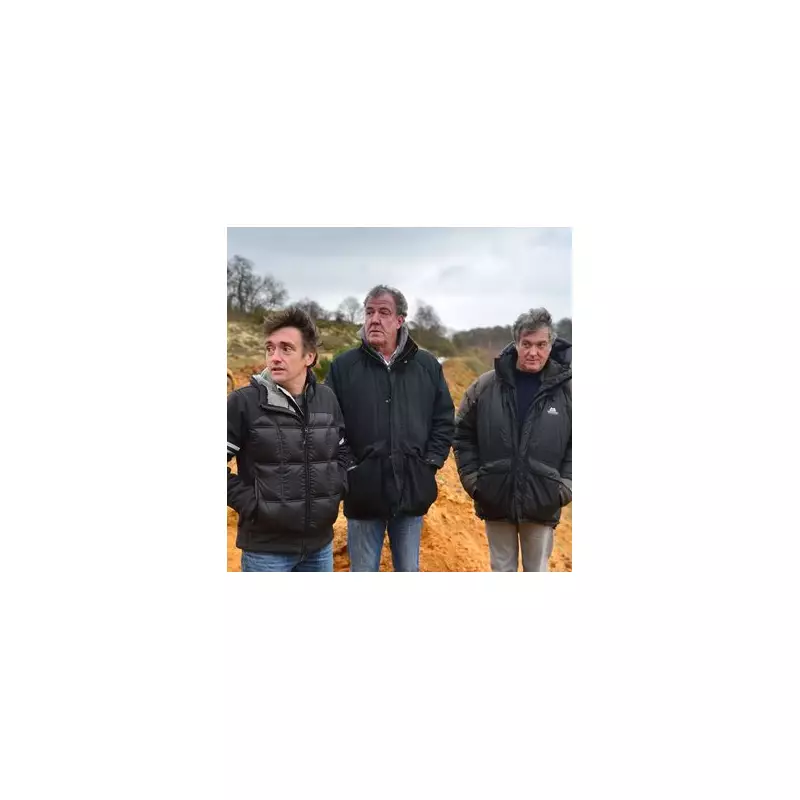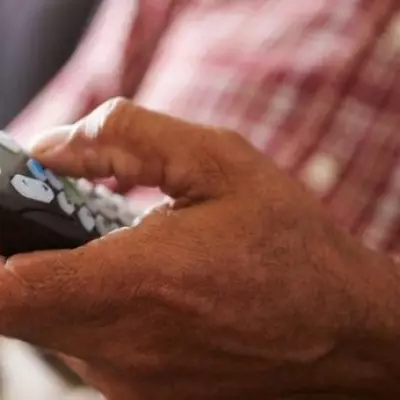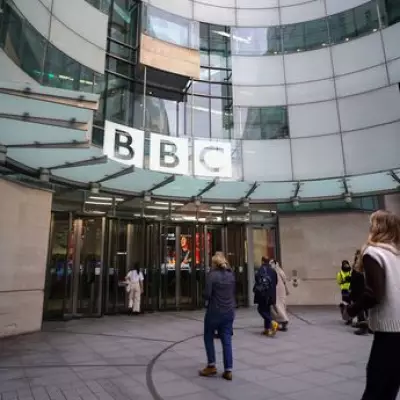
Explosive internal documents have uncovered that the BBC was actively considering dismissing Jeremy Clarkson from Top Gear a full seven months before the infamous incident that ultimately led to his departure.
The revelations come from newly released risk assessment reports that paint a startling picture of the turmoil behind the scenes of the world's most popular motoring show.
The Ticking Time Bomb
According to the documents, BBC executives had identified Clarkson as a significant liability to the corporation as early as August 2014. The reports explicitly stated that the controversial presenter's behaviour posed a serious risk to the BBC's reputation and brand.
One particularly damning assessment warned that Clarkson's conduct could "materialise into a serious incident" that would damage public trust in the broadcaster. This prophetic warning came months before the physical altercation with producer Oisin Tymon that would ultimately cost Clarkson his job.
The Final Straw
The situation came to a head in March 2015 when Clarkson was suspended following what the BBC termed a "fracas" with producer Tymon. The incident occurred at a Yorkshire hotel when Clarkson attacked Tymon after being told no hot food was available following a day of filming.
The assault left Tymon with a bloody lip and needing hospital treatment, while Clarkson's 27-year career with the BBC came to an abrupt end.
Fallout and Legacy
The aftermath saw co-presenters Richard Hammond and James May stand in solidarity with Clarkson, refusing to continue with Top Gear without him. The trio subsequently launched the highly successful The Grand Tour on Amazon Prime, while the BBC attempted to reboot Top Gear with new hosts.
These newly uncovered documents suggest that Clarkson's departure, while triggered by the physical altercation, was the culmination of long-standing concerns within the BBC about his suitability as a presenter.
The revelations raise intriguing questions about whether the BBC could have handled the situation differently and avoided the very public scandal that ultimately unfolded.





